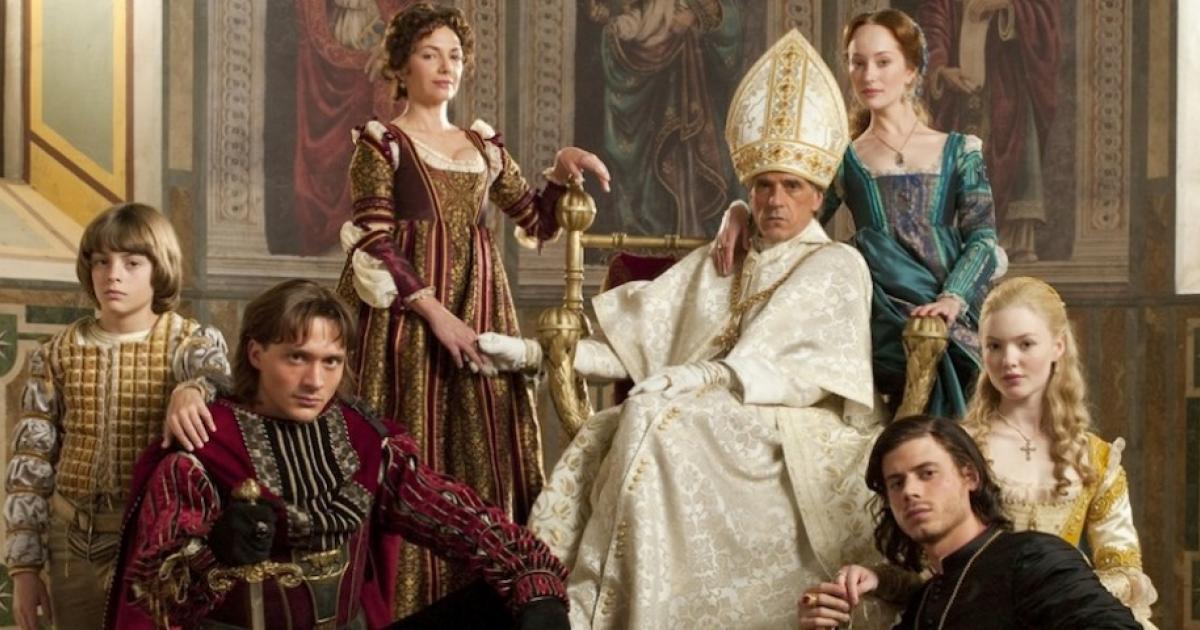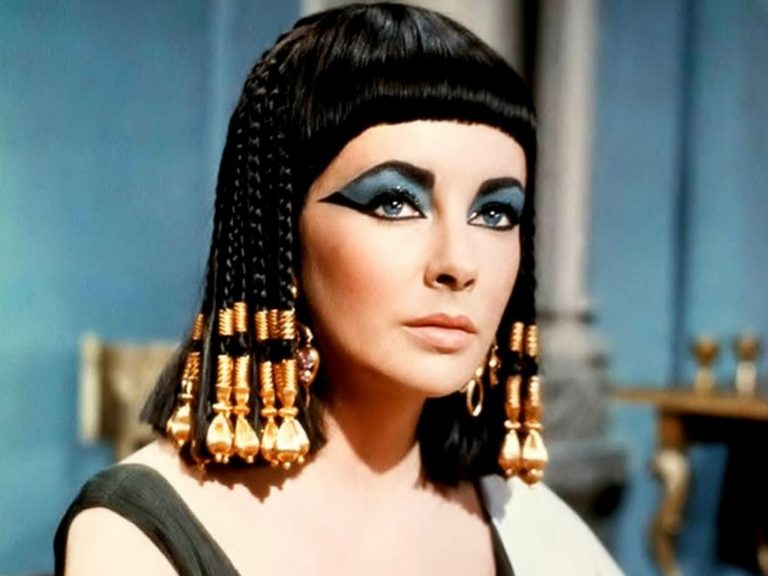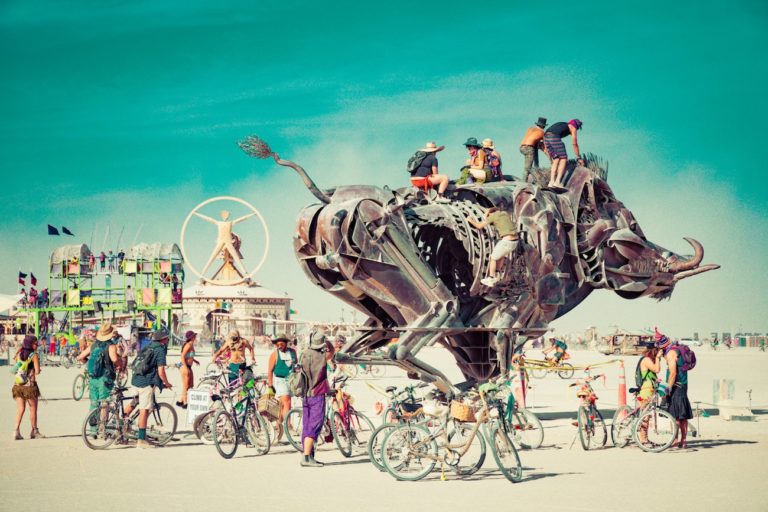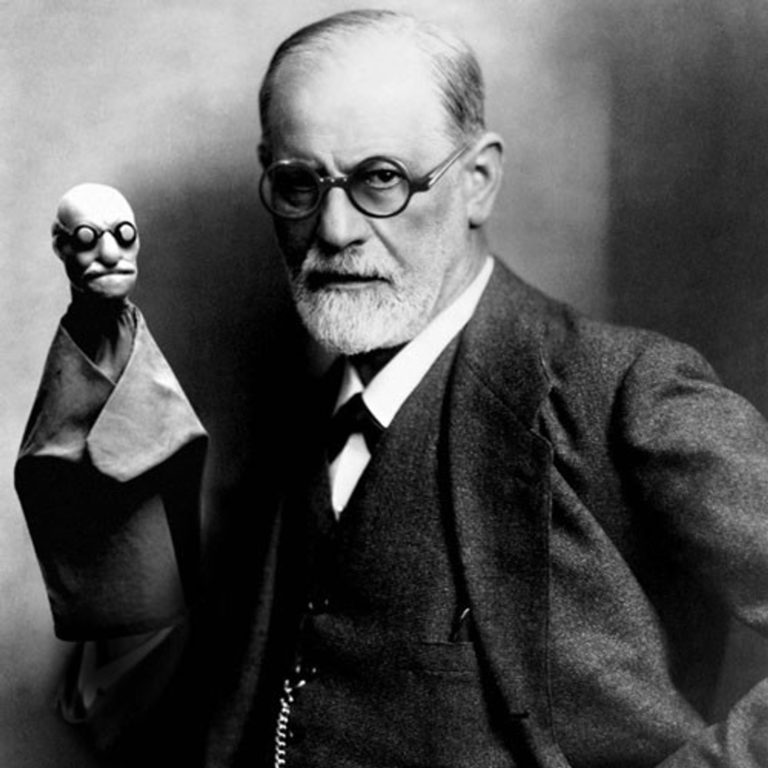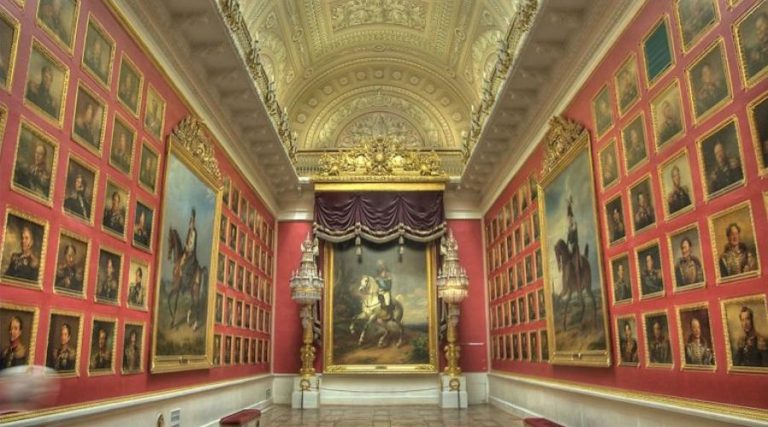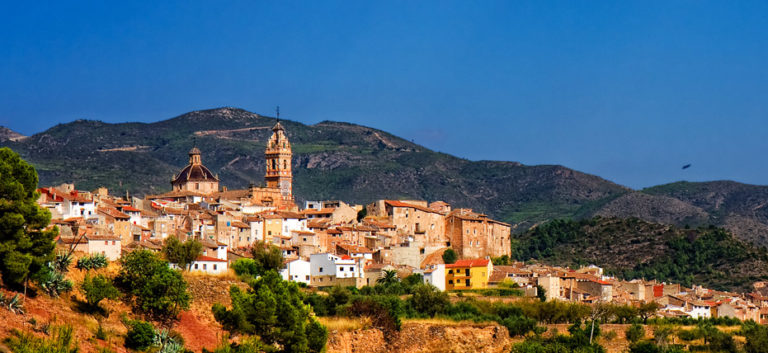Cesare Borgia: The Ruthless Prince Who Inspired Machiavelli
This article continues our series on the infamous Borgia dynasty — one of the most scandalous families in European history. Today, we turn to the life of Cesare Borgia, the illegitimate and ambitious son of Pope Alexander VI. His story is one of power, corruption, brilliance, and brutality — a tale that inspired none other than Machiavelli’s The Prince.
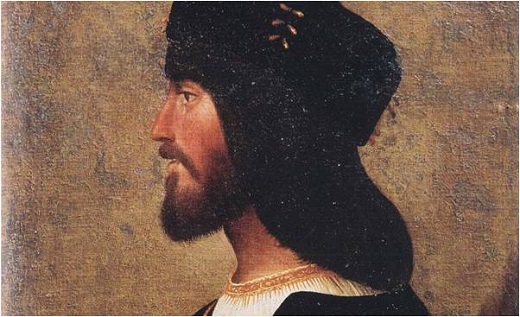
The Illegitimate Son of a Pope
Like his uncle, Pope Callixtus III, Pope Alexander VI was notorious for nepotism. In 1493, he made his son Cesare Borgia a cardinal at just 18 years old. Cesare was no stranger to the Church — he had been a canon of the Valencia Cathedral since the age of seven and became Archbishop of Valencia by 17.
Despite these impressive titles, Cesare (1475–1507) was deeply unpopular among his peers. He was, by all accounts, a man of his father’s temperament — ambitious, cunning, and dangerously charming.
Cesare fathered at least 11 illegitimate children, though historians believe there may have been more. One of his lovers, Sancha of Aragon, was even his sister-in-law. Yet unlike many men of his rank, Cesare didn’t abandon his children. Some, like Girolamo and Lucrezia (not to be confused with his sister), proudly carried the Borgia name. Lucrezia eventually became abbess of the San Bernardino convent, reluctantly following the family’s ecclesiastical path.
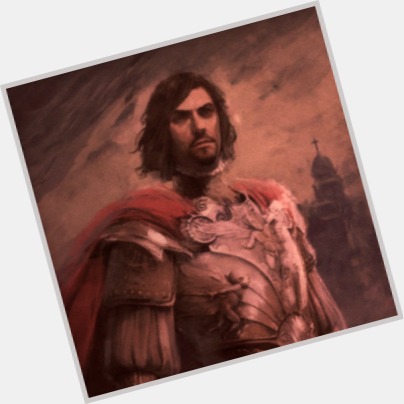
The First Man Ever to Resign as Cardinal
Cesare had little interest in a Church career. In 1498, King Louis XII of France sought Pope Alexander VI’s approval for his divorce. Alexander agreed — for a price. In exchange, Louis promised money, land, and a politically advantageous marriage for Cesare.
The French king also made Cesare a Knight of the Order of Saint Michael and granted him military command. In return, Cesare did something unprecedented: he resigned his position as cardinal, becoming the first man in history to do so. Free from his clerical duties, Cesare transformed into a formidable military commander, eager to carve out his own dominion.
A Brother’s Blood: The Murder of Juan Borgia
In 1497, Cesare and his brother Juan Borgia dined with their mother. Later that night, Juan vanished. The next morning, fishermen pulled his corpse from the Tiber River — riddled with stab wounds, but still wearing his purse filled with coins.
Juan was Pope Alexander’s favorite son, and suspicion immediately fell on Cesare. Though never proven, the murder conveniently left Cesare as the new head of the papal armies.
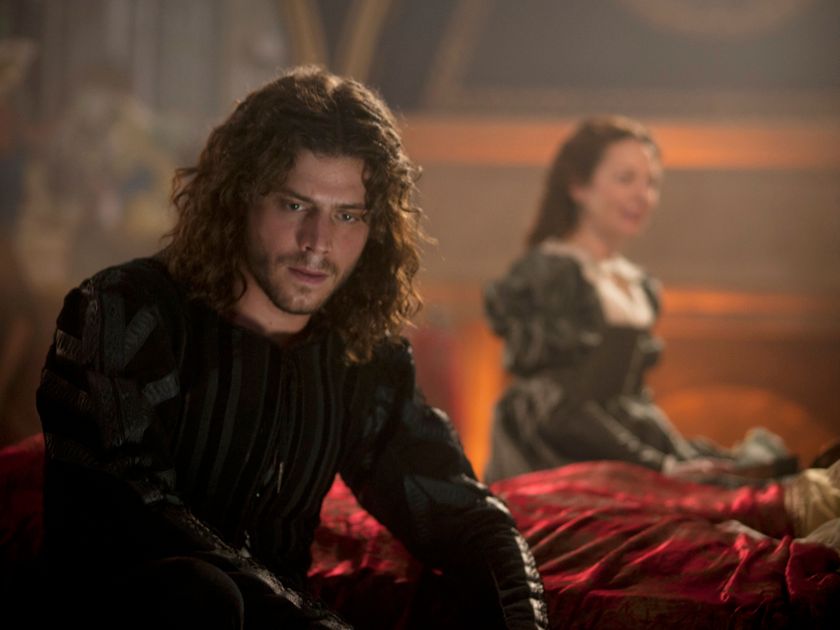
A Disastrous Wedding Night
To cement his alliance with France, Cesare married Charlotte d’Albret, sister of the King of Navarre. The wedding was lavish, but gossip soon followed. On their wedding night, Cesare reportedly asked for an aphrodisiac — and was accidentally given a powerful laxative instead. He spent the night, as chroniclers wryly note, “indisposed.”
The marriage produced only one child, a daughter named Louise Borgia, and was plagued by distance and political ambition.

The Warrior Prince
Whatever his failures in the Church, Cesare proved himself on the battlefield. Shortly after his marriage, he helped the French defeat the powerful Sforza family of Milan. Louis XII rewarded him with command of French troops, and Cesare launched his own campaign of conquest across northern Italy.
Officially, he claimed to be restoring papal power — but in truth, he was building a Borgia empire. His personal motto, Aut Caesar, aut nihil (“Either Caesar or nothing”), summed up his ruthless ambition. Between 1499 and 1502, city after city fell to his forces.
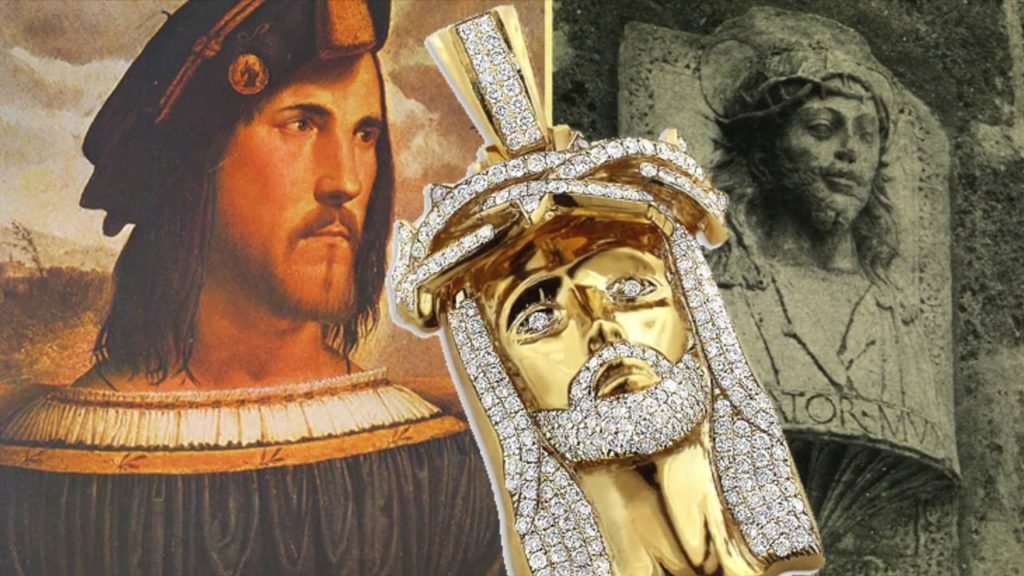
The Curse of Syphilis
At just 22, Cesare contracted syphilis, a disease that would haunt him for the rest of his life. According to legend, after coronating the King of Naples, Cesare hired a prostitute — only to discover, under lamplight, that she was an aged, toothless crone. Horrified, he vomited — and soon fell gravely ill.
The infection disfigured his face so badly that he began wearing a mask in public to hide the lesions. Despite his charisma and strength, the disease marked the beginning of his decline.
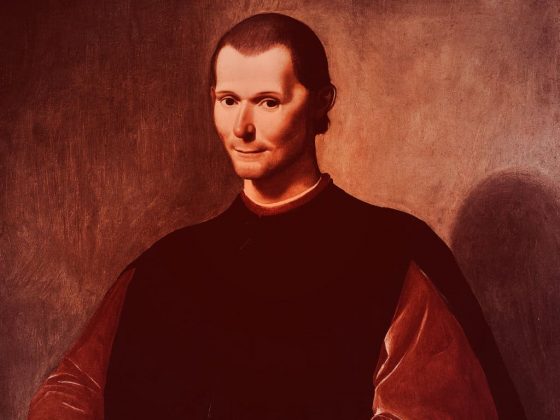
Machiavelli’s “The Prince”
During his campaigns in Italy, Cesare met the Florentine diplomat Niccolò Machiavelli. The philosopher was captivated by Cesare’s brilliance, ruthlessness, and mastery of political deception.
Machiavelli’s treatise, Il Principe (The Prince), was directly inspired by Cesare’s methods. In it, Machiavelli presented Cesare as the model of a successful ruler — a man willing to use violence, manipulation, and fear to achieve and maintain power. The book immortalized Cesare as the archetype of the ruthless Renaissance prince.
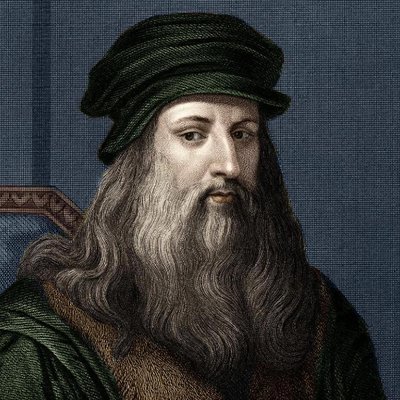
Leonardo da Vinci: The Engineer of War
Cesare’s rise was fueled not just by brutality but by intelligence — and talent. During his northern Italian campaign, he met Leonardo da Vinci, who had just lost his position with the Sforza family. Cesare quickly recognized his genius and hired him as a military architect and engineer.
Under Cesare’s command, Leonardo designed fortifications, siege plans, and even a canal linking Cesena to Porto Cesenatico. Their collaboration remains one of history’s most fascinating pairings of art and power.
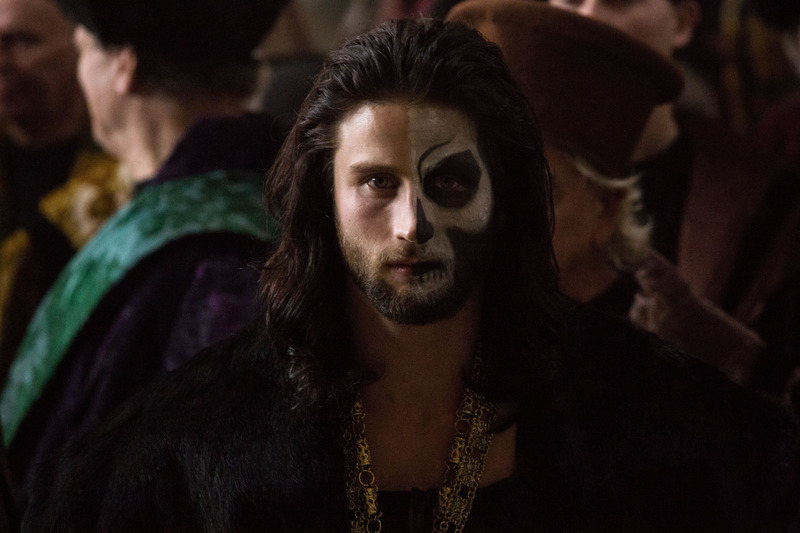
A Bloody End
Feared across Italy, Cesare inspired terror wherever he went — some cities surrendered without a single fight. But his fortunes changed after the death of his father, Pope Alexander VI. The new pope, a bitter enemy of the Borgias, stripped Cesare of his territories and imprisoned him.
He escaped, only to be captured again and sent to Spain. After a daring second escape, he joined the army of his brother-in-law, the King of Navarre.
In 1507, while besieging the castle of Viana, Cesare saw enemy knights fleeing and — in a reckless burst of pride — chased them down alone. He was surrounded and stabbed to death. The once-mighty Borgia prince died in the mud, far from the glory he had craved.
Legacy of a Dangerous Man
Cesare Borgia’s life was short, violent, and extraordinary. He was a cardinal, a general, a murderer, a patron of Leonardo da Vinci, and the inspiration for one of the most famous political works in history.
His story reminds us that ambition without limits can build empires — but it can just as easily destroy them.

